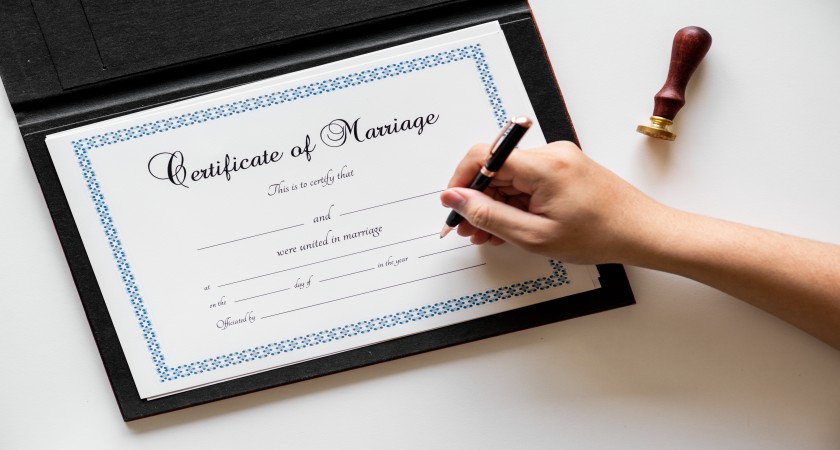Contact Us
Translations provided by native professional translators & proofreaders
Blog
template_view_blogs.php
SummaryWhen dealing with international matters, whether it’s legal proceedings, immigration issues, or estate management, you may need a death certificate translation. But when exactly is it necessary? In this post, we break down the situations that require a professional translation of a death certificate, explain the risks of improper translations, and guide you on how… Continue reading Who Needs a Death Certificate Translation for International Matters? SummaryTranslating official documents requires more than just language fluency. It demands precision, accuracy, and an understanding of legal and cultural nuances. Failing to properly translate official documents can lead to delays, rejections, and even legal issues. In this post, we explain how translating official documents differs from standard translations, why accuracy matters, and how working… Continue reading How Translating Official Documents Differs from Standard Translations SummaryWhen submitting a marriage certificate translation for legal or immigration purposes, you might wonder if notarization is necessary. While notarization may seem like an essential step, in most cases, it is not required for a certified translation of a marriage certificate. In this post, we’ll explore when notarization is required, what makes a translation certified,… Continue reading Do Marriage Certificate Translations Require Notarization? | The Spanish Group Holiday Traditions You’ve Never Heard Of (And Their Translations) Although the appearance of holidays varies around the globe, there is one consistent factor: the earnest and heartfelt wish to connect with others, celebrate, and share the traditions that have deep meaning for them. In this guide, we take you on a journey to several holiday… Continue reading Seasonal Greetings: How Different Cultures Express the Spirit of the Holidays Planning to study abroad? Learn why certified translations and official translations are essential for international students. Discover how a certified translator and USCIS approved translations from Connected Translations ensure your academic success and global opportunities. Summary Did you know that close to 6 million students are studying in countries other than their own, as reported… Continue reading Navigating Cross-Border Education: Translation Services for International Students Summary When dealing with legal or immigration documents, certified translations are crucial to ensure that your paperwork is both accurate and legally accepted. Whether you’re dealing with USCIS paperwork or preparing for a court case, certified translations act as a guarantee that your documents meet all necessary legal and official requirements. This blog will explain… Continue reading Certified Translations: Everything You Need for Legal and Immigration Documents

Who Needs a Death Certificate Translation for International Matters?

How Translating Official Documents Differs from Standard Translations

Do Marriage Certificate Translations Require Notarization? | The Spanish Group

Seasonal Greetings: How Different Cultures Express the Spirit of the Holidays

Navigating Cross-Border Education: Translation Services for International Students

Certified Translations: Everything You Need for Legal and Immigration Documents


